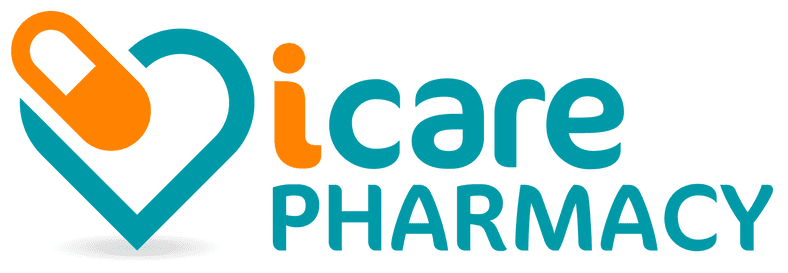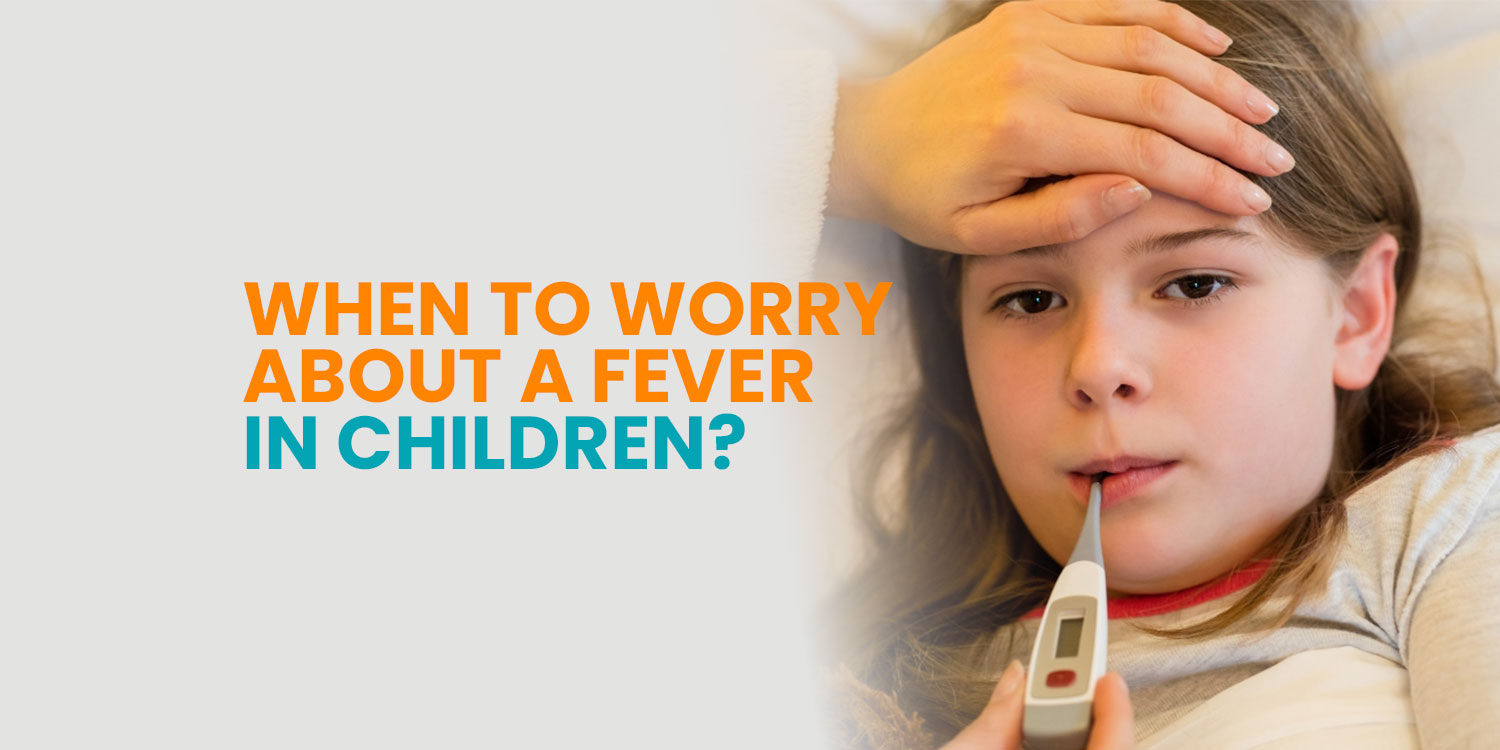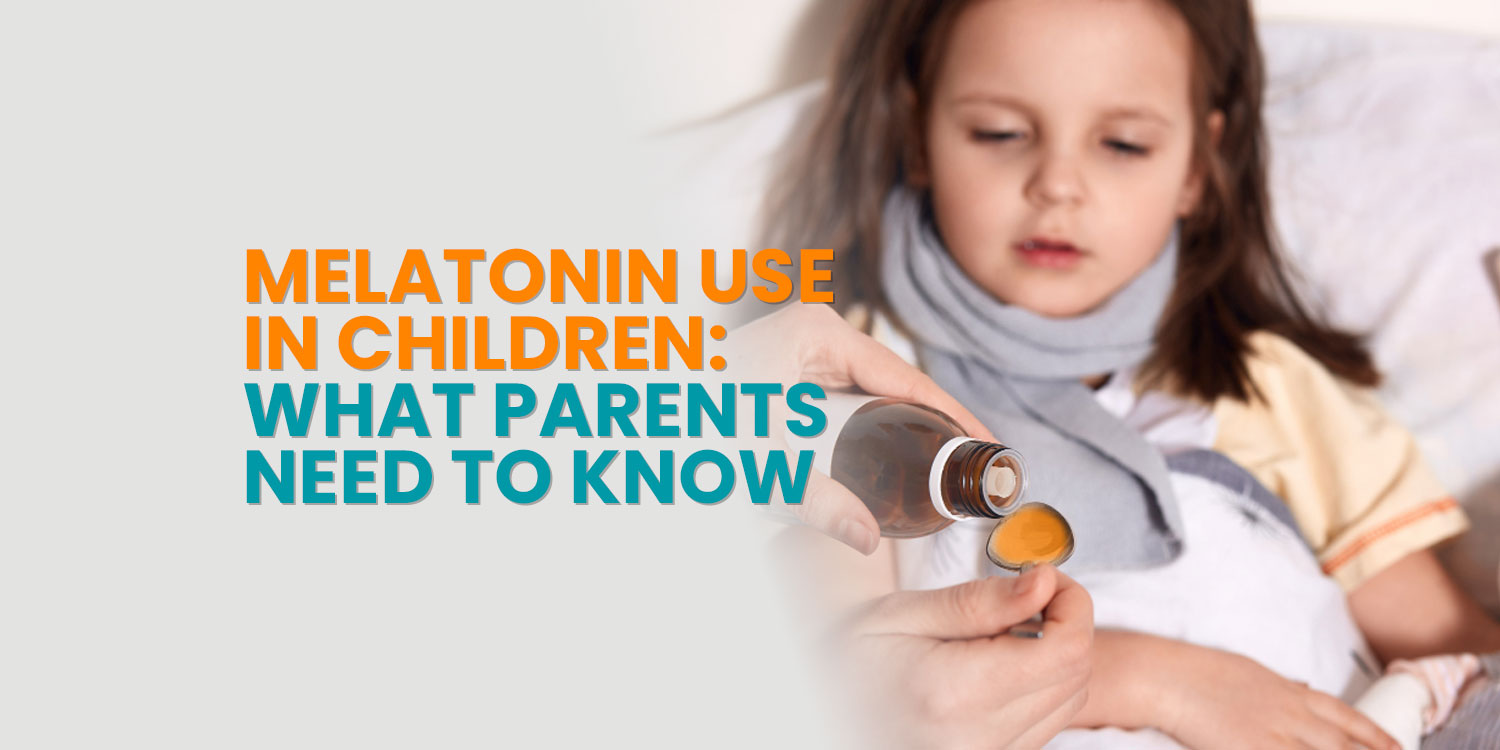Low-Dose Aspirin: A Game Changer for Preventing Strokes and Heart Attacks—But Not for Everyone!
For many years, low-dose aspirin was widely promoted as a simple, daily solution for preventing strokes and heart attacks. In fact, it was once standard practice to recommend that nearly all adults over the age of 50 take it regularly. However, newer evidence has shown that even familiar medications like aspirin come with risks, and that universal use is not advisable (U.S. Preventive Services Task Force [USPSTF], 2022).
Who Should Take Low-Dose Aspirin?
Aspirin works by reducing the blood’s ability to clot, which in turn helps prevent blockages in arteries that can lead to strokes and heart attacks (American Heart Association [AHA], 2022). For individuals with an elevated risk—such as those with high blood pressure, diabetes, or a history of cardiovascular disease—low-dose aspirin may serve as an effective preventive measure (Arnett et al., 2019).
However, for people without such risk factors, the harms may outweigh the benefits. Long-term aspirin use can lead to complications like gastrointestinal bleeding, peptic ulcers, and even hemorrhagic strokes (USPSTF, 2022). This is why healthcare professionals now stress the importance of personalized risk assessment.
Before starting aspirin therapy, it is essential to consult with a physician or pharmacist who can evaluate your personal health profile and determine whether the potential benefits of aspirin outweigh its risks.

Prevention Beyond Medication
The encouraging news is that there are numerous lifestyle strategies proven to reduce your risk of heart disease and stroke—without medication.
1. Eat a Heart-Healthy Diet
A Mediterranean-style diet, rich in fruits, vegetables, whole grains, healthy fats (like olive oil), and lean proteins, has been shown to improve cardiovascular health (Estruch et al., 2018). Limiting processed foods, sugary beverages, and red meat also plays a vital role.
2. Stay Physically Active
Regular physical activity helps control blood pressure, manage weight, and strengthen the heart. The American Heart Association recommends at least 150 minutes of moderate-intensity exercise per week (AHA, 2023). Activities like walking, swimming, cycling, or even gardening can contribute significantly to heart health.
3. Be Tobacco-Free
Smoking remains one of the leading modifiable risk factors for heart disease and stroke. Quitting tobacco dramatically lowers cardiovascular risk, regardless of age or smoking history (Centers for Disease Control and Prevention [CDC], 2023).
4. Manage Stress and Sleep Well
Chronic stress and poor sleep are associated with elevated blood pressure and systemic inflammation, which increase the risk of cardiovascular events (Grandner et al., 2022). Prioritizing mental health, relaxation techniques, and quality sleep supports long-term heart health.

The Takeaway
Low-dose aspirin can be a lifesaving intervention—but only for individuals with specific risk factors. For most healthy adults, daily aspirin is no longer recommended for primary prevention due to its potential harms. If you are uncertain about whether aspirin therapy is right for you, speak with your healthcare provider for a personalized evaluation.
And remember—while medications play a role in some cases, lifestyle changes are the foundation of heart health. Eat well, move your body, manage stress, and stay smoke-free.
Need guidance on your heart health? Speak to your iCare Pharmacist today!

References
American Heart Association. (2022). Aspirin and heart disease. https://www.heart.org/en/health-topics/consumer-healthcare/medication-information/aspirin-and-heart-disease
American Heart Association. (2023). Recommendations for physical activity in adults. https://www.heart.org/en/healthy-living/fitness/fitness-basics/aha-recs-for-physical-activity-in-adults
Arnett, D. K., Blumenthal, R. S., Albert, M. A., Buroker, A. B., Goldberger, Z. D., Hahn, E. J., Himmelfarb, C. D., Khera, A., Lloyd-Jones, D., McEvoy, J. W., Michos, E. D., Miedema, M. D., Munoz, D., Smith, S. C., Virani, S. S., & Williams, K. A. (2019). 2019 ACC/AHA guideline on the primary prevention of cardiovascular disease. Journal of the American College of Cardiology, 74(10), e177–e232. https://doi.org/10.1016/j.jacc.2019.03.010
Centers for Disease Control and Prevention. (2023). Benefits of quitting smoking. https://www.cdc.gov/tobacco/quit_smoking/how_to_quit/benefits/
Estruch, R., Ros, E., Salas-Salvadó, J., Covas, M. I., Corella, D., Arós, F., Gómez-Gracia, E., Ruiz-Gutiérrez, V., Fiol, M., Lapetra, J., Lamuela-Raventós, R. M., Serra-Majem, L., Pintó, X., Basora, J., Muñoz, M. Á., Sorlí, J. V., Martínez, J. A., & Martínez-González, M. A. (2018). Primary prevention of cardiovascular disease with a Mediterranean diet supplemented with extra-virgin olive oil or nuts. New England Journal of Medicine, 378(25), e34. https://doi.org/10.1056/NEJMoa1800389
Grandner, M. A., Chakravorty, S., Perlis, M. L., Oliver, L., & Gurubhagavatula, I. (2022). Sleep and cardiovascular disease: Research and practice. Sleep Health, 8(1), 1–10. https://doi.org/10.1016/j.sleh.2021.09.002
U.S. Preventive Services Task Force. (2022). Aspirin use to prevent cardiovascular disease: Preventive medication. JAMA, 327(16), 1577–1584. https://doi.org/10.1001/jama.2022.4983




